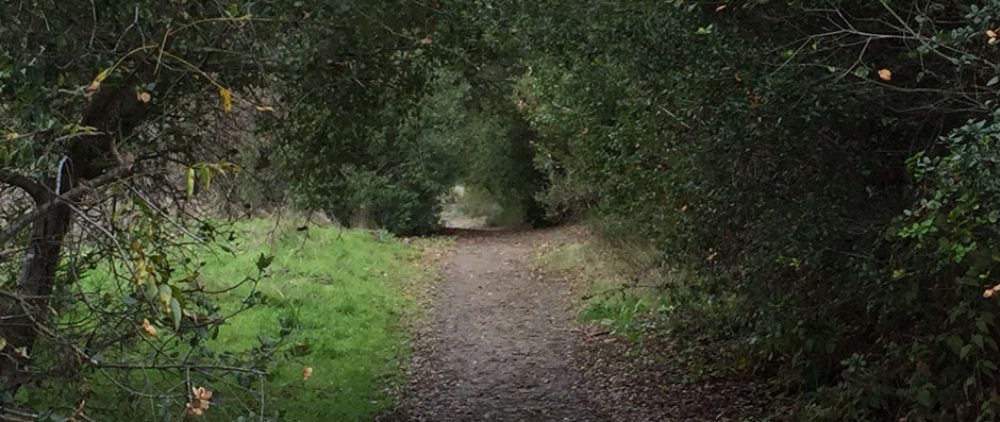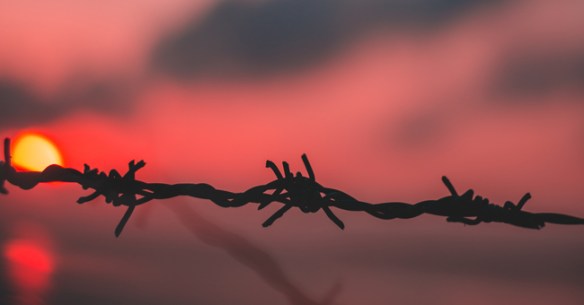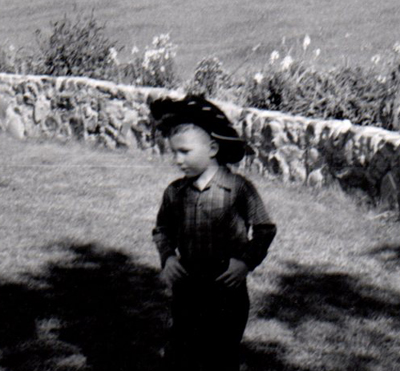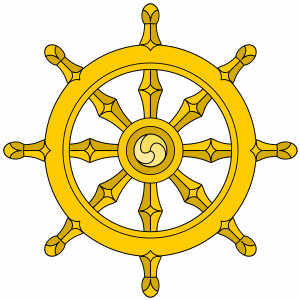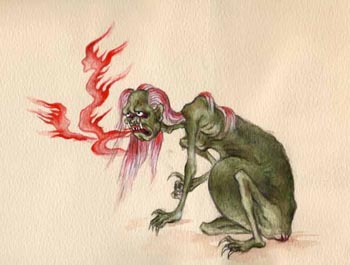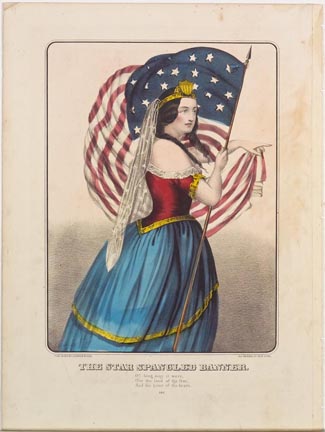
The Star Spangled Banner, Currier and Ives, undated.
In a recent NPR/PBS/Marist poll, only 77% of Americans correctly identified Great Britain as the country we declared independence from on July 4. Fewer (70%) knew that we did so in 1776.
Aside from what that says about our “informed electorate,” it’s a shame because history, in all it’s messy complexity, becomes more fascinating to me as time goes on.
I was not that interested in colonial American history until I came upon Benson Bobrick’s superb history of the revolution, Angel In the Whirlwind, 2011. In contrast to the present, Bobrick notes that colonial citizenry was generally well informed on matters of politics.
Lest we grow nostalgic for such “good old days,” when (white) men were men, and nobody else had any rights, we can look at another fascinating history, Drinking in America: Our Secret History, by Susan Cheever. We learn that the “shot heard round the world” in 1775 may have been fired by a farmer who was three sheets to the wind. The “minute men” had gathered at 5:30 that morning, at the tavern on Concord green, and by the time the British arrived more than four hours later, they had downed a fair amount of ale.
In a related tidbit, Bobrick says the original duty of congressional pages was to keep the beer steins of our legislators filled. Since reading that, I’ve wondered how many brewskis John Hancock had downed when he famously said, “I’ll sign my name so large that King George will be able to read it without his spectacles.”
This Fourth of July finds most us, I suspect, without the stomach for the usual flag waving piety. Piety is a siren song that traps us into believing our own PR and turning away from difficult questions, and nothing else will serve in times like these. For individuals, tribes, political parties, and nations, there are times when things fall apart. Such crossroad periods end with movement, either toward renewal or destruction, and a key determining factor seems to be a willingness to search for and accept the truth.
This is a time to ponder the words of truth-tellers. I’ve been thinking about this week’s buzzword, “civility,” and realizing that it’s much more than being “nice” or “polite” or “politically correct.” It’s nothing less than a pre-requisite for hearing the truth.
Buried in the paper on September 12, 2001, was a statement by Zen master, Thich Nhat Hahn, a champion of peace and the truth in the world for more than five decades. In the wake of the terrorist attacks, he said, “We will not have peace with the people who did this until we are willing to sit down and ask them why they hate us so much.” After nearly 16 years of constant warfare, with no victory or exit strategy in sight, it is worth remembering his words. As none of our leaders show an inclination to do so, guess what the future holds in store?
Seeds for the divisions that are tearing our nation apart were planted even before our current middle eastern wars, though I think they’re related. Another truth teller, Jimmy Carter told us in 1979 where American Greatness lies and what can destroy it:
“In a nation that was proud of hard work, strong families, close-knit communities and our faith in God…too many of us now tend to worship self-indulgence and consumption. Human identity is no longer defined by what one does, but by what one owns. But we’ve…learned that piling up material goods cannot fill the emptiness of lives which have no confidence or purpose.”
Unless we as individuals and as a nation, including our elected leaders and their moneyed overlords, are willing to sit down and really listen to each other, things will get more and more dysfunctional. It feels like a worldwide transition is underway, and an unsustainable way of life is ending. Historically, such endings and new beginnings occur at times of disaster, war, pestilence. Are such hard landings inevitable?
I like to think not. I like to think that if enough of our leaders had the wisdom and genuine faith of Jimmy Carter and Thich Nhat Hahn, we as people of America and earth, could steer toward a new course, healthier for the the planet and all its creatures.
I’m not optimistic. With our opportunistic leaders, in a nation where a quarter of us don’t know who we fought in our revolution, I’m afraid it will take more disasters to chasten us enough for any kind of concerted, positive action.
So Happy Fourth of July! Enjoy the day and your family. Have another hotdog or slice of apple pie. I fear that before long we may look back on these as the “good old days,” and remember how good we had it on July 4, 2017…

